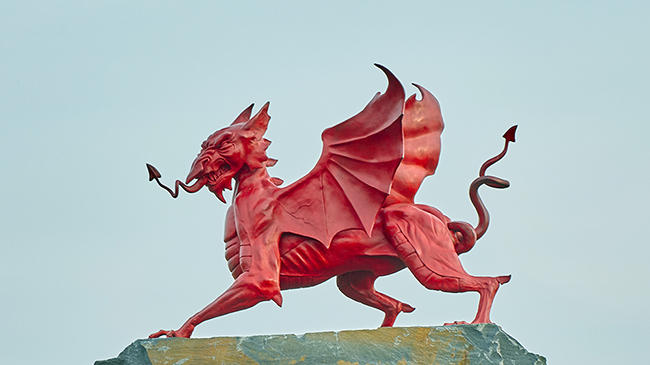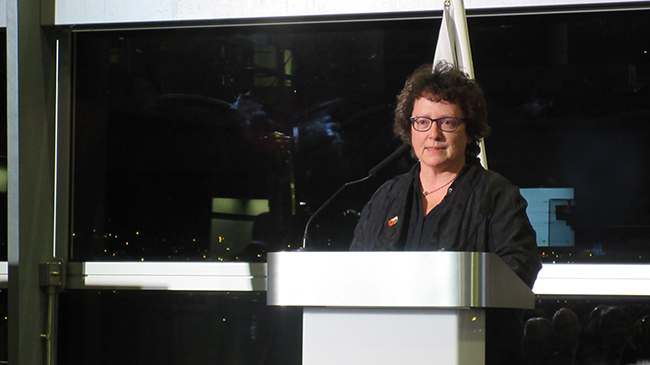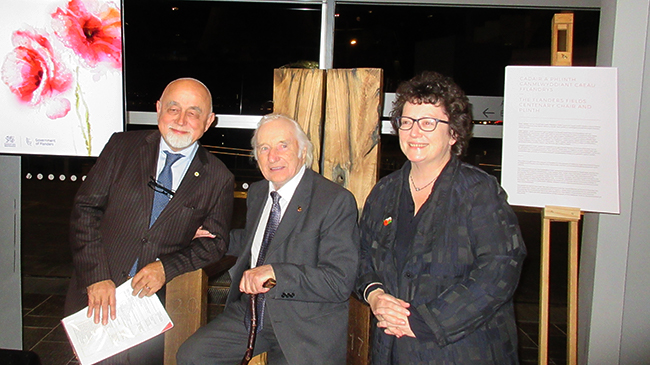The Welsh and Flemish governments have jointly marked the centenary of the Great War in Cardiff.

Representatives of the Welsh assembly and the Flemish parliament exchanged gifts in Cardiff two weeks ago to commemorate the First World War.
Elin Jones, Presiding Officer of the National Assembly for Wales, welcomed Jan Peumans, the President of the Flemish parliament, in the Senedd to remember the centenary of the Passchendaele campaign.
“This is a relationship of respect and thanks for the sacrifice of so many of the young men and women from Wales during the First World War,” said Elin Jones. “That’s epitomized by Hedd Wyn, one of our national poets here in Wales, who lost his life in Flanders fields.”

The Flemish parliament presented a chair to mark the centenary of the death of World War One poet Hedd Wyn. The poet was killed some weeks after his poem won the prestigious bardic chair prize at the Welsh National Eisteddfod festival held in Birkenhead, Wirral.
“This Hedd Wyn chair is perhaps the most remarkable encounter of our two cultures,” said Jan Peumans. “All respect for the victims of World War One must not fade away. It is important that we keep thanking them.”
Flemish students from Mechelen designed a new bardic chair in honour of the Welsh poet. The original bardic chair was made 100 years ago by a Belgian refugee and furniture maker from the same city.
Christophe Declercq, a lecturer at the University of Leuven and University College London, said: “Both Hedd Wynn and the ‘black chair’ are at the heart of Welsh culture and have very strong ties with the Flanders of that time.”

The Welsh government gave a painting called Chinook in return. The work made by the late Welsh artist Osi Rhys Osmond symbolises a cry for world peace.
“It shows that war is always on the horizon and that we all have to redouble our efforts to make sure that peace wins the day,” said Jones. “The sacrifice of 100 years ago should motivate us all to that.”
Peumans also voiced his support for the Catalan region in the Senedd condemning the arrest of Catalan ministers by Spanish authorities as “an undemocratic, even authoritarian act.”
“It is the right time for the Spanish government to meet the Catalan invitation for dialogue in order to come to terms with Catalonia,” he added.
